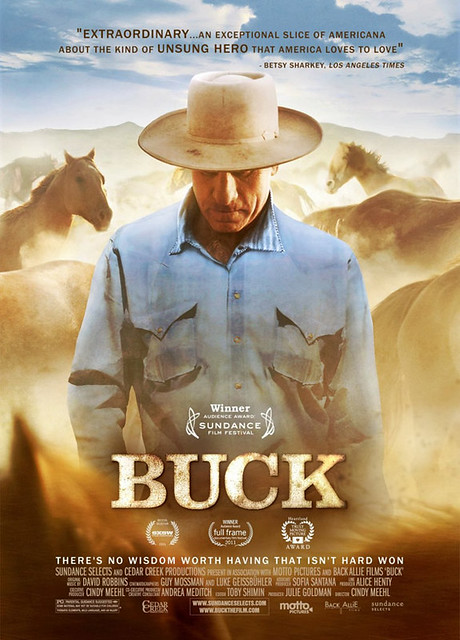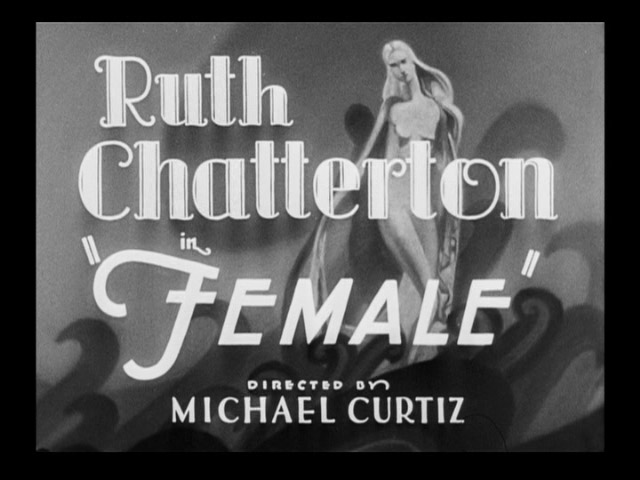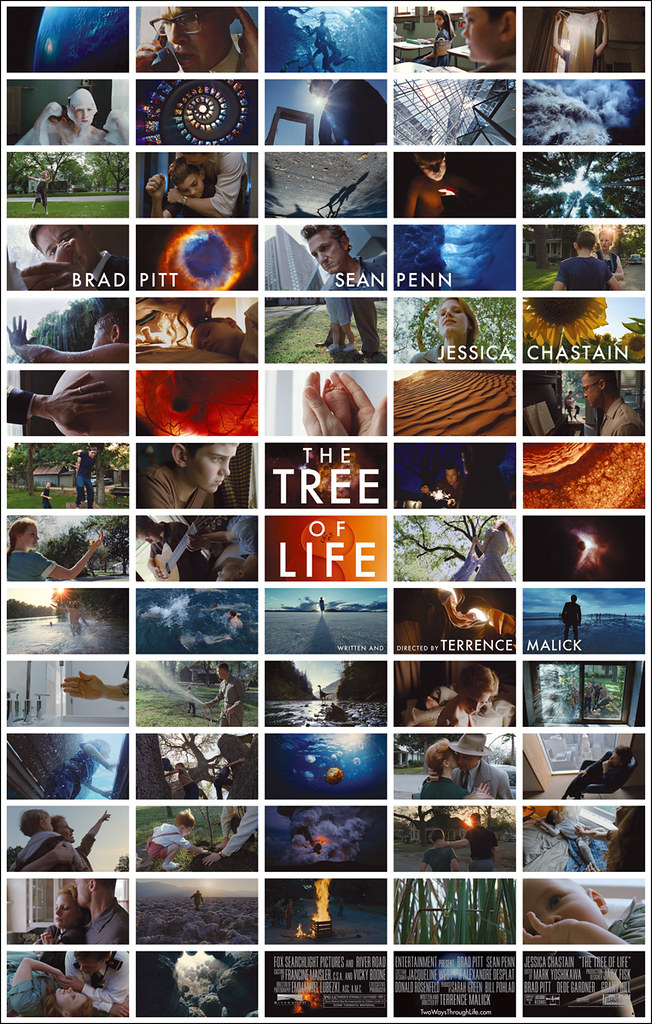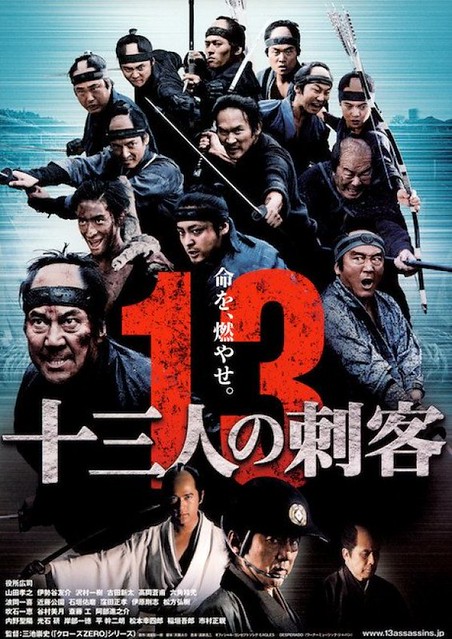
Of course I want to talk about this one for hours, but I can't and won't. I've only seen Par II once or twice ever, and the most recent was more than five years ago, so I got to come at it with reasonably fresh eyes. And I'm sorry, hardcore fans, but The Godfather (Part I) is an undeniably better film. It's a matter of bias (though what do you expect?), but the first film has a sharp focus, a single journey for an entire family, a sense of larger-than-life tragedy as many lose their lives and others lose their souls to grander causes.
Part II seems in every way the best-case scenario "smart sequel." It expands the world by showing us what happens next (and what came before), and it deepens the existing themes and crises as it goes. But apart from some really strong drama and really smart filmmaking, I'm not sure it says a whole lot more about the themes or crises than the first film said. Kay's crisis (which really represents Michael's sacrifice of his humanity and compassion) is more forefront, and the drama of what she goes through is darker throughout, but it never felt surprising or revealing in any way beyond the expected. Michael's relationships with Tom Hagen and Fredo are similar: they expand in scope and develop as plot points, but they are built from the same basic building blocks that shaped the relationships of the first movie. Tom is more at ease with his position, though he shows several times an emotional sensitivity to being shut out or misused; Fredo is less at ease with his, having now been more formally overstepped by his little brother, but he is basically the same well-meaning, weak-willed, marginally incompetent tragic character he was in the first story. There he never betrays the family directly, but he seems to insult them by betraying their philosophies and way of life (when he gets in with Moe Green); here he betrays them more directly (in scenes we are tragically never witness to, but then again it's not Fredo's story) but only because his wounded pride and desperate need for respect (mostly self-respect, but also the respect of his brothers and peers) are manipulated. It all works, and it tells a really good story that deserves the kind of respect it got, but it's a more fragmented continuation of Part I.
Actually, to put that another way and give it a little more credit: it's the kind of rich, robust, true-to-the-original-themes storytelling that we see more now, in serialized television than we saw then, in feature films. I'm sure it was no coincidence that this film doesn't bear any title other than the original's, it is merely Part II, not Part II: Michael's Mafioso Adventures or whatever. This is simply a continuation. It could be viewed best (and perhaps only) as the same story, not a new one.
One last thought I'll keep brief: I thought the Vito backstory was beautiful, and well-performed, and pretty well-written, but it always felt a little like Vito telling his own story. He was always just a little too noble, a little too beyond reproach in his actions. I'm not sure he shows a single weakness in any scene, and he never makes a misstep or mistake, never loses a thing in his journey. It was nice to see the rise of the man (and Empire), but it almost seemed a little too Yin and Yang, with Michael's consistently tragic (and surprisingly messy) story.
I want to go on, but other matters demand my attention tonight.








